“The part can never be well unless the whole is well.” When he said this more than 2,300 years ago, the great Greek philosopher Socrates was speaking about what we now refer to as holistic medicine. He may have learned about it from Hippocrates, the father of modern medicine, whose ideal was a healthy mind in a healthy body.
Fast forward to the mid-1970s. Holistic medicine emerged in the United States, introducing a national conference and two professional associations. Holistic veterinary medicine followed suit in 1982, when a small group of veterinarians interested in this approach met to form the American Holistic Veterinary Medical Association (AHVMA).
Today, more than 1,500 AHVMA veterinary professionals provide pets with holistic as well as conventional treatment. Our Livingston Veterinary Hospital team offers two holistic services: animal chiropractic, which we use to restore a pet’s mobility and reduce their pain, and acupuncture, which we use to treat a pet’s pain and inflammation, improve their immune health, and more.
Holistic veterinary medicine vocabulary
When you start to learn about holistic treatments that veterinarians use along with or rather than conventional veterinary medicine, you may hear various terms that seem to describe the same process. However, they are different. Consider these common holistic veterinary medicine terms and their meanings:
- Holistic veterinary medicine — According to the AHVMA, holistic veterinary medicine considers the complete patient—body, mind, and spirit—in its approach to help pets experience optimum health and eliminate diseases’ root causes. The holistic approach is gentle, minimally invasive, and incorporates pets’ emotions and well-being.
- Complementary therapies — Veterinary practitioners use complementary therapies together with conventional medicine.
- Alternative therapies — Alternative therapies are typically substituted for conventional veterinary treatment. They are sometimes used at the same time as conventional medicine, but not deliberately as parts of a treatment plan.
- Integrative veterinary medicine — This is the practice of using complementary and alternative therapies in conjunction with conventional care.
10 Holistic veterinary therapies to consider for your pet
Acupuncture and chiropractic are only two of the many holistic veterinary therapies that the AHVMA acknowledges. Your pet may also benefit from these additional holistic veterinary therapies:
- Aromatherapy — This therapy uses plant materials and substances, such as essential oils, to improve pets’ well-being. Some essential oils may also be antimicrobial.
- Flower essences — These products can subtly affect pets’ emotions. The best known essences is the five-remedy blend—Bach’s Rescue Remedy. This flower essence blend can help reduce a pet’s stress during a crisis.
- Herbal medicine — Herbs’ use has a long and distinguished history in many parts of the world. Veterinary herbal medicines include Western herbs, Ayurvedic herbs from India, and traditional Chinese herbs, among others. While conventional modern medicines typically isolate individual compounds, herbalists prefer whole plants for their desirable effects.
- Homeopathy — This treatment modality started with the belief that “like cures like.” Some substances that are toxic in large doses can help cure ailments in diluted, tiny doses. Remedies using plants, minerals, drugs, viruses, bacteria, or animal substances are dissolved in water or alcohol, diluted, and vigorously shaken. They can reportedly treat illnesses’ deepest constitutional causes.
- Low level laser therapy — This holistic veterinary therapy uses lasers or light-emitting diode (LED) light to promote healing at the cellular level. The modality is painless to pets and can reduce discomfort and inflammation, and help heal wounds.
- Nutritional therapy — Optimal nutrition promotes pets’ general well-being, providing illness prevention and treatment. Holistic veterinarians work with pet owners to determine their furry pal’s most nutritious diet that is also suitable for the owner’s lifestyle and budget.
- Osteopathy — Through osteopathy, practitioners manipulate muscles and joints to empower the body to heal itself. This therapy treats issues that include gait problems, stiffness, behavior changes, muscle tension, and digestive problems.
- Rehabilitation and sports medicine — These holistic treatment modalities help relieve pets’ pain, restore normal functioning, and create the best possible quality of life after an injury or illness. Treatments involve underwater treadmills, lasers, ultrasound, and pulsed electromagnetic field therapy as well as traditional methods, including exercises, stretching, and massage.
- Stem cell therapy — Stem cells are derived from fat to treat traumatic and degenerative diseases. This innovative approach can be an effective treatment for osteoarthritis, tendon repair, fractures, muscular dystrophy, and autoimmune problems.
- Medical cannabis — Animal Cancer Foundation (ACF) recognizes medical cannabis as an alternative therapy that can provide comfort to patients, particularly those with cancer who are nearing the end of their lives. One encouraging case involved a 10-year-old neutered cat with advanced chest cancer who responded well to cannabis containing multiple therapeutic chemicals. For six months, this medication resolved the affected cat’s signs associated with their massive tumor. Scientific tests have shown cannabis’s components, such as cannabidiol (CBD), tetrahydrocannabinol (THC), and terpenes, to have cancer-fighting properties as well as the power to relieve pain, nausea, anxiety, and poor appetite resulting from chemotherapy and radiation therapy.
Although the AHVMA did not include cannabis as a holistic therapy, the organization published a detailed critical review of the plant’s medical uses in its journal. This report concluded by encouraging veterinary practitioners to remain aware of new research and to guide and educate clients on cannabis’s known veterinary uses.
Holistic veterinary therapies can improve your pet’s quality of life. If you’d like to know more about how holistic therapies could benefit your pet, contact our Livingston Veterinary Hospital team.
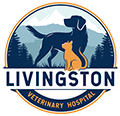

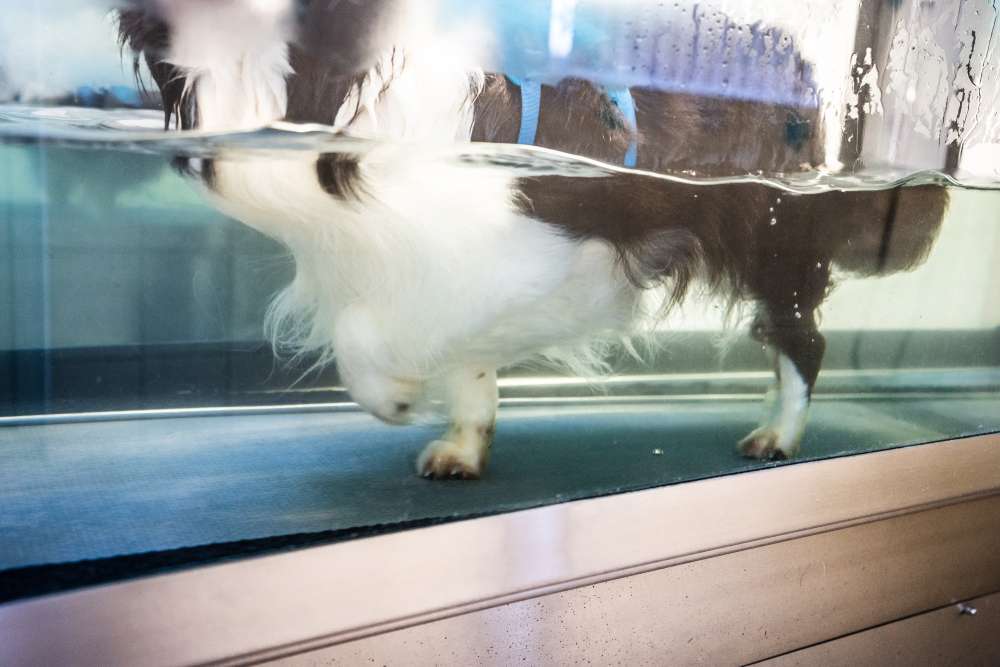

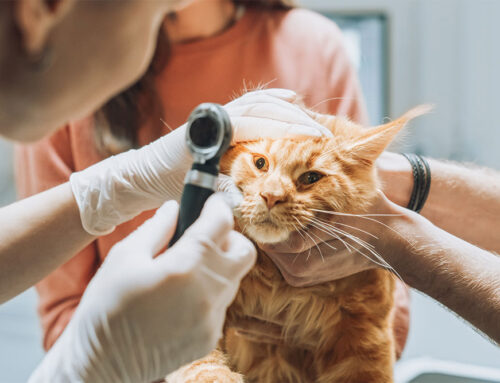
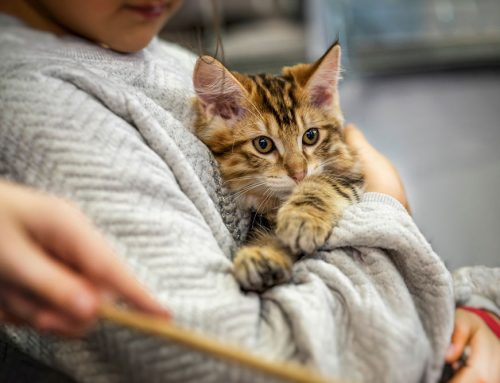
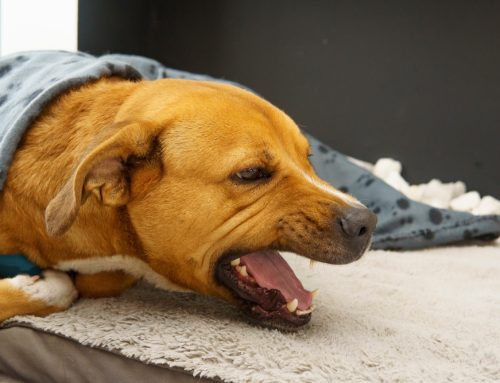
Leave A Comment